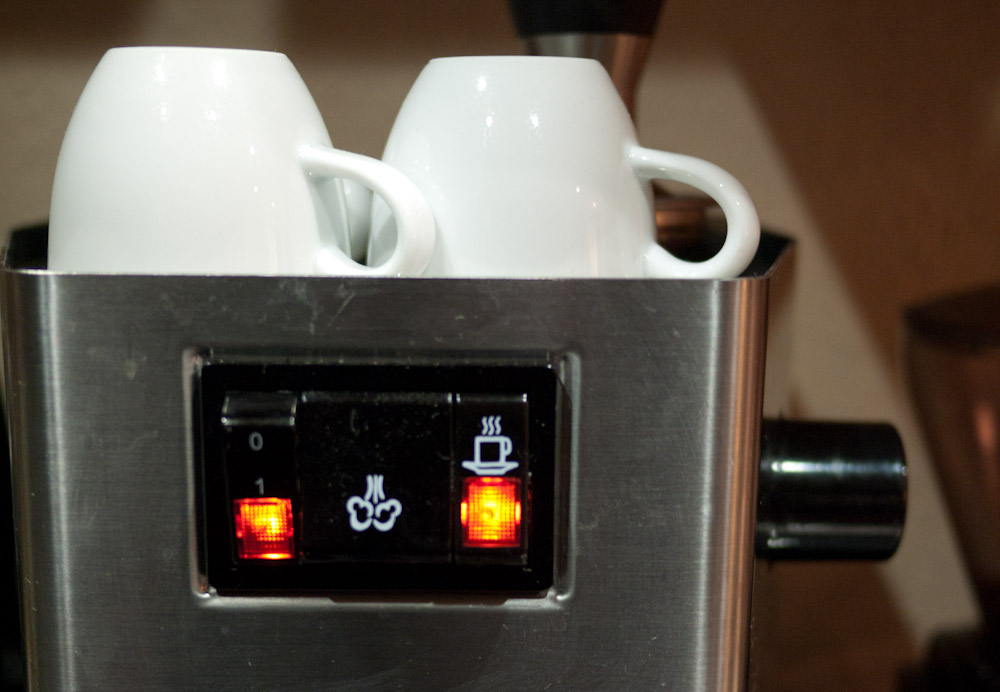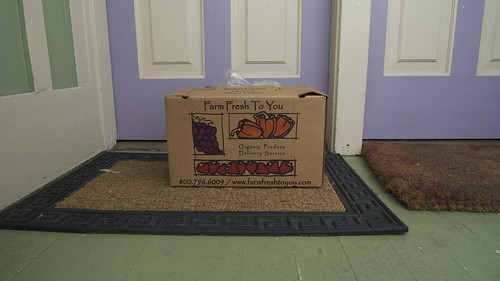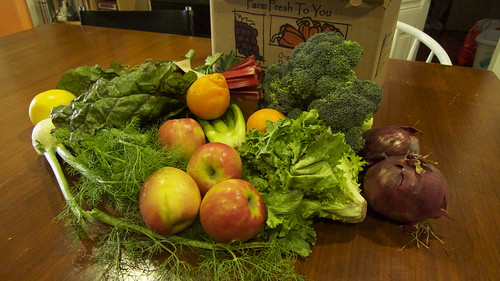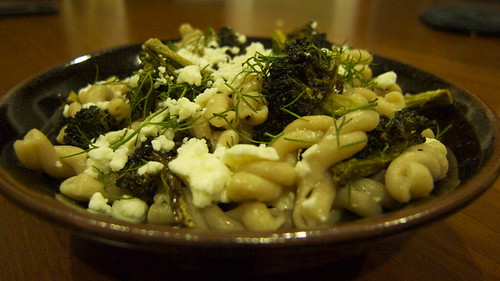My final project relates to my master’s project on Visualizing Mental Maps of SF.
I would like to use video, audio, and photos to document the interviews we are conducting and to convey people’s stories about how they experience space and neighborhood in SF.
Some of my concerns are similar to Kimra’s, I think. Especially I tend to freak out a little bit about informed consent and how to represent people in a way that they can be comfortable with. I can’t guarantee confidentiality when using images or audio, which is a new way of working for me.
I am expecting to get access to a video/camera this week, but right now I still just have my phone, so have been doing the first interviews without video capture.
But a few days ago I interviewed someone who was so amazing to watch as she drew a map of her neighborhood that I decided to try videorecording her second drawing with my phone, which she agreed to.
I ended up holding my phone awkwardly in the air as she was drawing, while still trying to maintain eye contact and “mm hmm”-ing, so she would hopefully keep talking and not feel like a bug under a microscope.
The recording is awful, but the content is awesome (to me, anyway?). Not sure what to do with it.
And I imagine I will have some more awful videos in the future, since… well, I don’t really know what I’m doing. How to use the new camera, and how to engage with an interviewee while recording video non-intrusively are some of the practical issues I need to work on.









